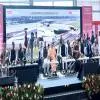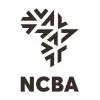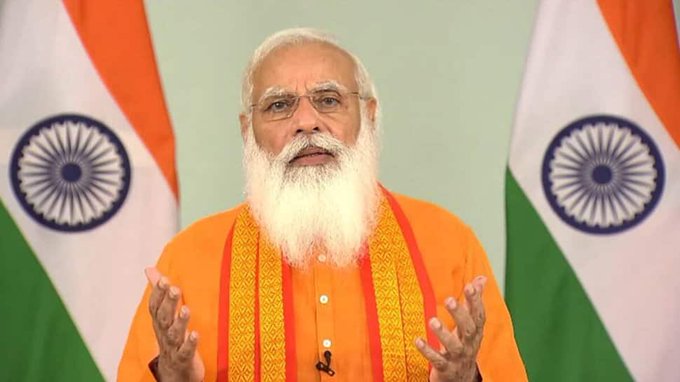
PM Modi applauds centre-state partnership during Covid-19
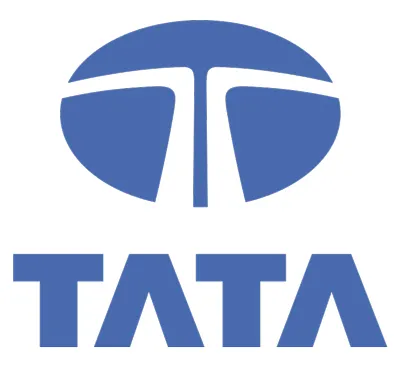
Tata Communications Revives Nagan Thangal Lake in Tamil Nadu
Tata Communications, in partnership with Pitchandikulam Forest, has rejuvenated Nagan Thangal Lake in Upparapalayam village, Tamil Nadu, transforming the 15.01-acre site into a thriving ecological and community hub. Launched in 2022 under *Project Nanneer* (“good water” in Tamil), the initiative has improved water security, biodiversity, and community engagement, as per a recent study by the Watershed Organisation Trust Centre for Resilience Studies (W-CReS). Once a vital but neglected water source for 2,800 residents, the lake’s capacity had dropped by 75 per cent. Through land shaping..
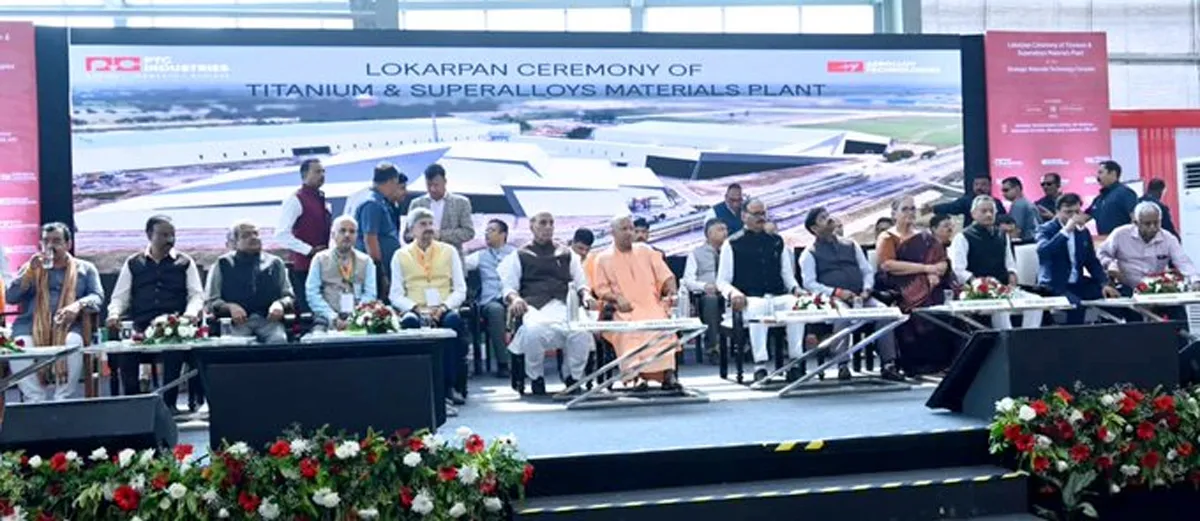
PTC Industries Wins GTRE Order for Single Crystal Turbine Blades
PTC Industries Limited, a leading manufacturer of high-performance materials and precision-engineered components for aerospace and defence, has received a Purchase Order from the Gas Turbine Research Establishment (GTRE), Defence Research and Development Organisation (DRDO), for Post-Cast Operations to produce Single Crystal ‘Ready-to-Fit’ Turbine Blades. The announcement was made in the presence of Raksha Mantri Rajnath Singh and Uttar Pradesh Chief Minister Yogi Adityanath at the inauguration of PTC’s Titanium & Superalloys Materials Plant in Lucknow. This marks the first time an Indi..
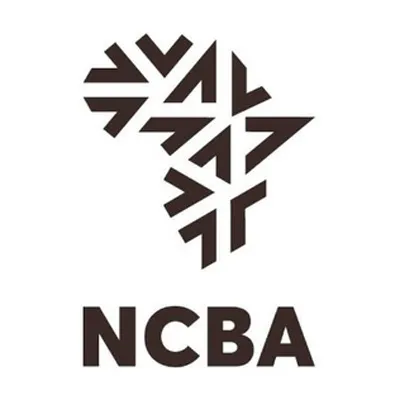
NCBA unveils East Africa’s first cloud-based corporate platform
Nairobi, 23 October 2025: NCBA Bank has launched Connect Plus, an advanced transaction banking platform powered by Intellect’s eMACH.ai Digital Transaction Banking solution, becoming the first bank in East Africa to adopt a cloud-based corporate banking system. The upgraded platform enhances transaction speed, payment flexibility, cash liquidity management, and integration with other financial platforms, offering a secure and intuitive experience for corporate clients. James Gossip, Managing Director, NCBA Kenya, said the launch aligns with Kenya’s Vision 2030 Digital Economy initiative,..





